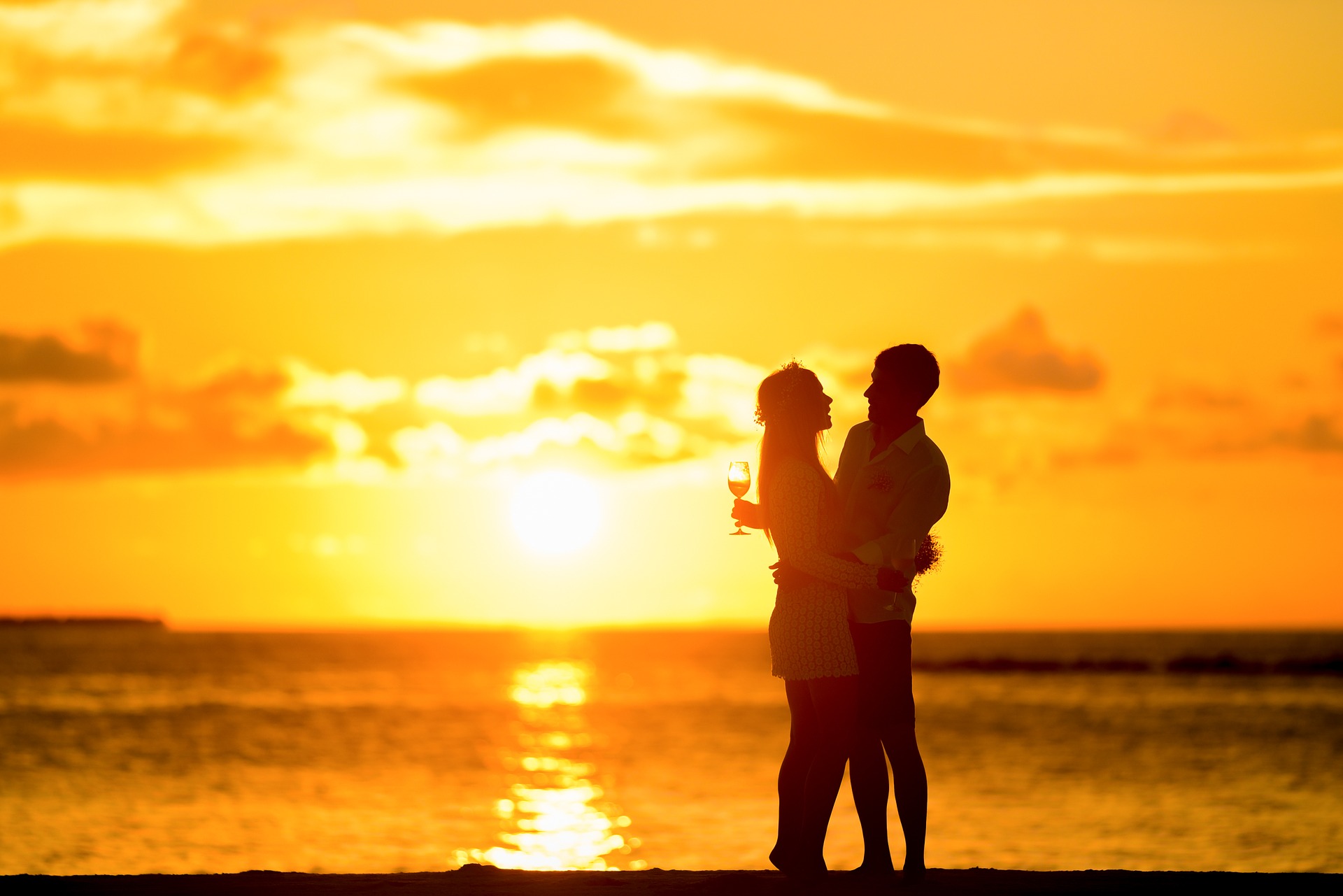Like a lot of young girls growing up curious about that mysterious stuff of love and sex, I had a phase where I read a lot of romance novels during adolescence. Harlequin romances were easy to gobble up, but there was one bodice ripper that I was obsessed with, yet didn’t finish. I’m pretty sure Fabio with his long locks, square jaw, and bulging muscles may have been the male model for the masculine hero. I don’t remember what made me stop reading it. It may have been a rape scene or attempted rape scene or the sex scenes were above my head and far out of my comfort zone, so I stopped reading and never read a romance novel again.
As a reader, I outgrew romance novels. Many of my friends and family did not. As I grew into my writerly ambitions, I’m ashamed to say I expressed contempt for romance and those who read and write romance. Even though former writing teachers cite romance as the perfect example of our innate human need for stories with happy endings, I couldn’t see the value of it. To me, romance novels were not true to life and therefore, were inherently absurd.
A conversation I had last summer at a writers’ conference changed my mind. I ran into a woman I had met years before when I first moved to Portland. It turns out her genre is historical romance, and she absolutely adored romance novels, and always has. In the course of our conversation, she told me that she had been to the Romance Writers of America Conference, and had loved it. This conference is huge, with thousands of writers who come. She met a lot of great women with whom she really clicked. She also mentioned that most of the women she had met, who wrote and read romance novels, were a lot like her.
And how was that?
They were happily married women.
I raised my brows at that, because I’ve always seen romance readers as single women who have developed unrealistic standards on the men they want to fall in love with and marry; or they were bored housewives looking for a vicarious thrill; or adolescents trying to find the juicy parts in the mysteries of love and sex. When I asked my friend to elaborate on why she would love romance novels when she already got her happily-ever-after, her answer surprised me, even though it was kind of close to my second assumption about readers of romance.
“I really love to fall in love. Of course, my husband and I have been together for a long time, so it’s not a thrill ride. When I read a romance novel, I get to fall in love all over again and enjoy the rush. Everybody I know who loves romance novels love them for the same reason I do.”
That gave me pause. Instead of “bored housewife,” most romance novel readers were in the “stable and steady phase of love.” I never stopped to consider the vicarious emotional joyride that a woman would get immersing herself in a fictional heroine’s impossibly romantic journey, and how valuable that would be. All these happily married ladies staying true to their husbands, while enjoying the jolt of falling in love with somebody new in a way that doesn’t threaten their marriages. I had to respect that.
So anything that keeps the marriages of ordinary people intact as they go through the daily drudge of work, bills, and kids, repeat - how can anybody disparage that?
But I still don’t write it. I write love stories. There’s lots of room for tragedy and loss in a love story. Love stories provide a truer reflection of life.
